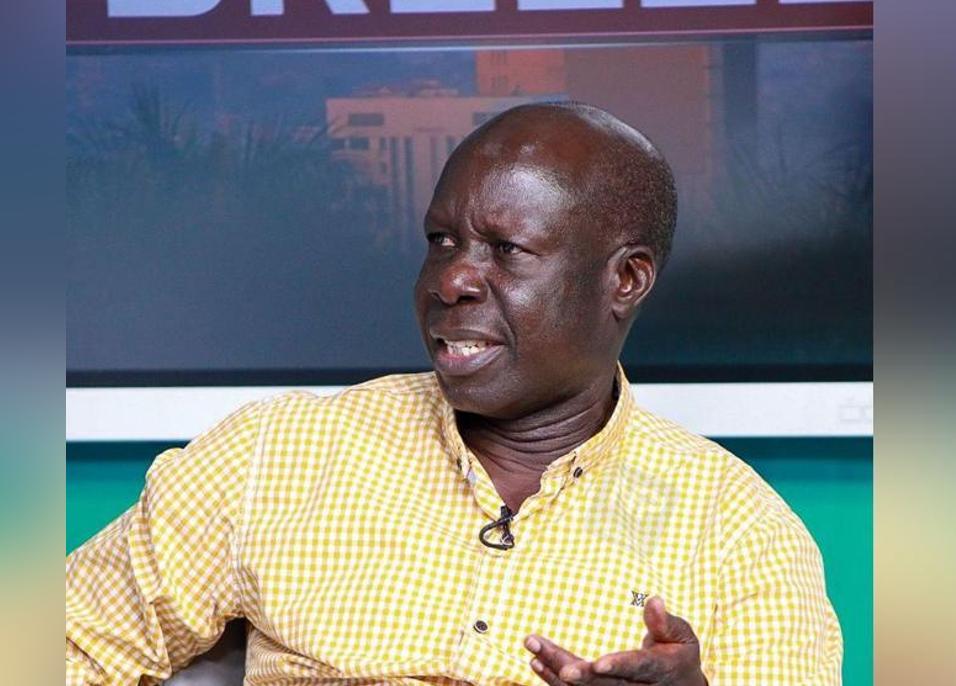Africa-Press – Uganda. As Uganda gears up for the 2026 general elections, chairman Electoral Commission for MRM , Dr. Tanga Odoi, has raised serious concerns over what he describes as the “suspicious and sudden” formation of political parties in the country.
Speaking during an appearance on NBS’s Morning Breeze, Dr. Odoi cautioned that the rapid multiplication of political parties often registered in the dead of night may be part of a broader scheme to manipulate the upcoming elections.
“We are seeing political parties being formed at midnight. The question Ugandans must ask is who is behind them, and what is their purpose?” Dr. Odoi warned.
“This is not genuine multiparty democracy. It could be deliberate fragmentation designed to confuse the electorate and weaken real opposition.”
His comments come as Uganda now counts 26 registered political parties, up significantly since the 2005 constitutional referendum that reintroduced multiparty politics.
While this increase appears to reflect growing political engagement, Odoi argues it may mask deeper issues of manipulation and elite-driven strategies.
The timing of his remarks coincides with the launch of #UgVotes2026, a Next Media initiative aimed at enhancing election coverage, promoting civic awareness, and ensuring accountability in the lead-up to the polls.
Odoi’s warning echoes long-standing concerns about electoral integrity in Uganda. A 2021 study in the Journal of Democracy underscored the country’s history of electoral irregularities, while a 2023 report from the Uganda Human Rights Commission pointed to continued suppression of opposition parties and lack of a level playing field particularly under the long-standing dominance of the ruling National Resistance Movement (NRM).
“Political pluralism means giving citizens real choices, not staged alternatives,” Odoi emphasised.
“Without transparency and strong institutions, elections become rituals, not expressions of democracy.”
Analysts suggest the so-called “midnight parties” could serve as vote-splitting tools or proxies designed to dilute support for legitimate opposition groups. The implications are significant: as the political field becomes increasingly crowded, voters may struggle to distinguish credible alternatives from artificially constructed entities.
Odoi, also took aim at both ruling and opposition actors for failing to build ideological clarity or sustainable political institutions.
“Our political culture needs maturity. Parties must stand for something not just personalities or opportunism,” he said.
With just months to go before Ugandans head to the polls, Odoi’s candid remarks may prove a catalyst for renewed scrutiny of Uganda’s electoral system and a wake-up call to both the electorate and political stakeholders.
For More News And Analysis About Uganda Follow Africa-Press






